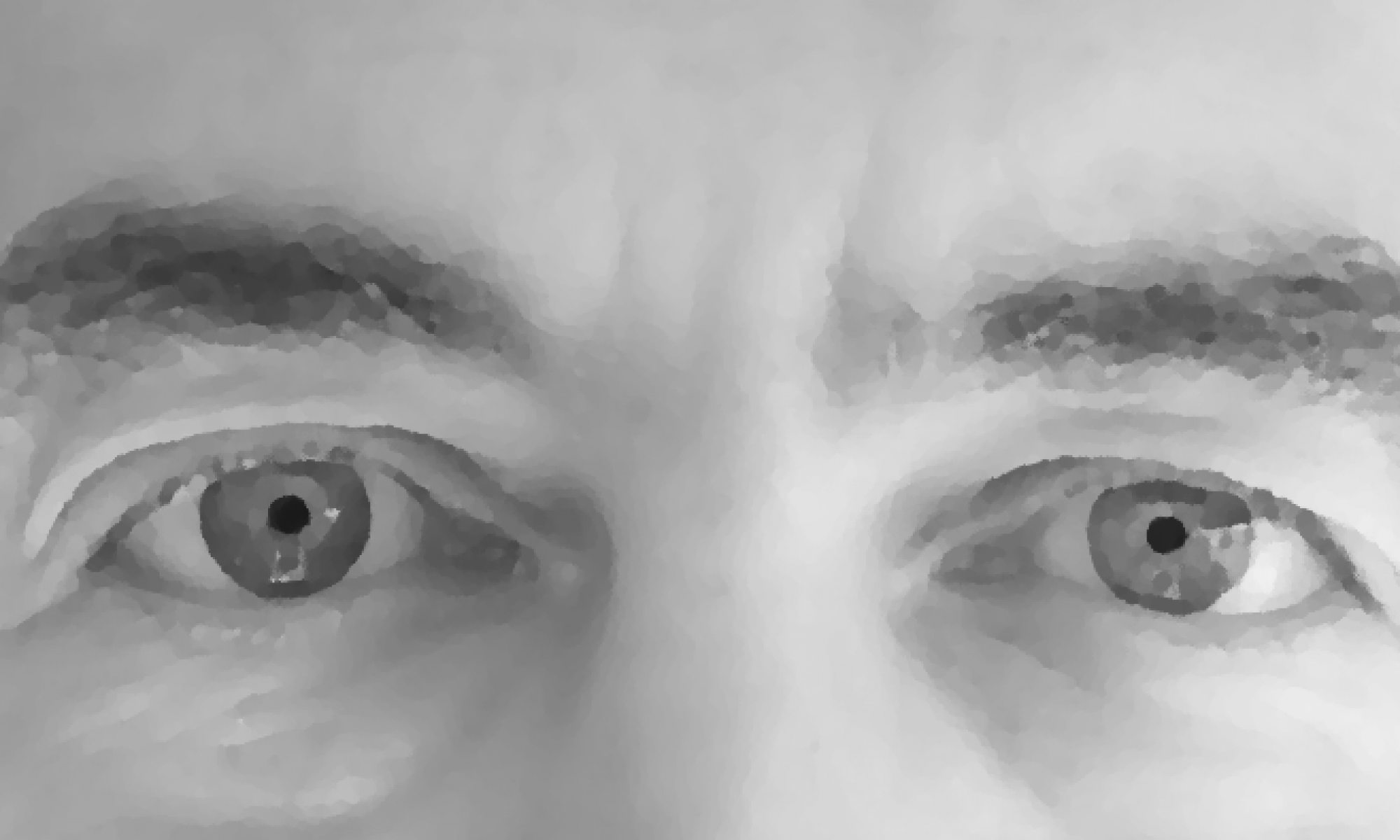After months of activist agitation and a crushing disappointment from the cowards in the House of Representatives, the US senate has effectively killed CISPA, a sweeping Internet surveillance proposal. This is astoundingly great news! But CISPA died once before, and came back from the dead, and it will not likely stay dead this time around either. The price of liberty is eternal vigilance, etc etc etc:
Sen. Jay Rockefeller (D-WV), the chairman of the U.S. Senate Committee on Commerce, Science and Transportation, said in a statement on April 18 that CISPA’s privacy protections are “insufficient.”
A committee aide told ZDNet on Thursday that Rockefeller believes the Senate will not take up CISPA. The White House has also said the President won’t sign the House bill.
Staff and senators are understood to be “drafting separate bills” that will maintain the cybersecurity information sharing while preserving civil liberties and privacy rights.
Rockefeller’s comments are significant as he takes up the lead on the Commerce Committee, which will be the first branch of the Senate that will debate its own cybersecurity legislation.
Michelle Richardson, legislative council with the American Civil Liberties Union, told the publication she thinks CISPA is “dead for now,” and said the Senate will “probably pick up where it left off last year.”
CISPA ‘dead’ in Senate, privacy concerns cited [Zack Whittaker/ZDNet] ![]()





